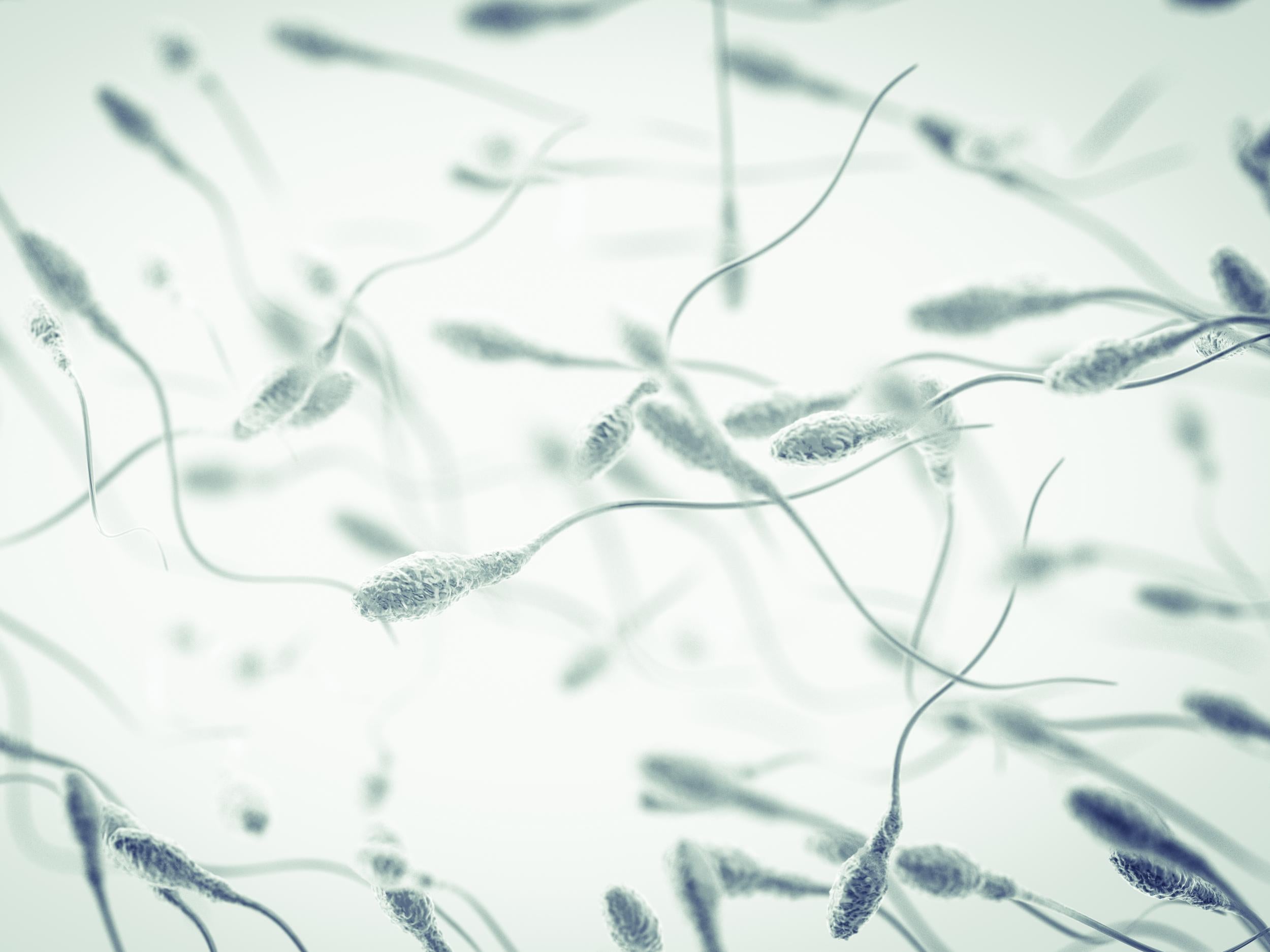Dying man with brain injury has sperm extracted in bid to allow wife to become pregnant
Woman undergoing fertility treatment makes urgent application to specialist court

Your support helps us to tell the story
From reproductive rights to climate change to Big Tech, The Independent is on the ground when the story is developing. Whether it's investigating the financials of Elon Musk's pro-Trump PAC or producing our latest documentary, 'The A Word', which shines a light on the American women fighting for reproductive rights, we know how important it is to parse out the facts from the messaging.
At such a critical moment in US history, we need reporters on the ground. Your donation allows us to keep sending journalists to speak to both sides of the story.
The Independent is trusted by Americans across the entire political spectrum. And unlike many other quality news outlets, we choose not to lock Americans out of our reporting and analysis with paywalls. We believe quality journalism should be available to everyone, paid for by those who can afford it.
Your support makes all the difference.A dying man has had his sperm extracted in a bid to allow his wife who was undergoing fertility treatment to become pregnant.
A judge in a specialist court in London heard the man was unable to make decisions for himself after suffering a traumatic brain injury. She gave the woman permission to have his sperm “retrieved and restored”.
Lawyers representing the woman had made an urgent application to Justice Gwynneth Knowles on Thursday evening at a hearing in the Court of Protection, where judges consider issues relating to people who lack the mental capacity to make decisions.
The judge heard the couple had been involved in a fertility treatment programme, and had been hoping for a child, when the man suffered the injury.
She said she was satisfied that the man would have wanted his sperm to be retrieved and stored, so that it could be used to allow his wife to conceive, if he had been able to make decisions for himself.
Justice Knowles said nothing could be reported which might identify the family involved.
The judge had also said she wanted nothing reported while the man was in the final stages of his life, in order to ease the strain on the woman.
Lawyers involved say the man has now died.
They said a specialist had retrieved sperm shortly before his death.
Barrister Michael Mylonas QC had led the woman’s legal team and outlined her application to Justice Knowles.
The judge also heard submissions from lawyers representing the man, doctors caring for him and from UK fertility regulator the Human Fertilisation and Embryology Authority (HFEA).
They all backed the woman’s application.
Justice Knowles, who is based in the Family Division of the High Court in London, said she would outline the reasoning behind her decision in a written ruling in the near future.
Four years ago a widow won a High Court fight to preserve her late husband’s sperm.
Physiotherapist Beth Warren, then 28 and from Birmingham, challenged a storage time limit imposed by the HFEA.
She said the limit meant she had little over a year to conceive using sperm her husband Warren Brewer, who had cancer and died aged 32 two years earlier, placed in storage.
Warren, who used her late husband’s first name as her surname, asked a judge to decide whether the sperm could stay in storage for a longer period.
Justice Hogg ruled in her favour after analysing evidence at a hearing in the Family Division of the High Court in London.
A lawyer who represented the unnamed woman described Justice Knowles’ decision as “enlightened”.
Ayesha Vardag, head of law firm Vardags, said the HFEA had taken a “co-operative” approach.
She said the woman had been given a ray of hope by the Court of Protection ruling.
“The sudden loss of a husband is always devastating, and it is all the more poignant when it is a loving couple who were trying to have a baby together,” she said.
“This enlightened and constructive ruling by the Court of Protection, the co-operative approach of the HFEA and the compassion and dedication of the medical teams involved has given a ray of hope to a young widow and the chance to complete their family in the future as the husband had wished.
She added: “The wife also takes great comfort from the fact that part of her husband’s legacy will be, through this ruling, to help other couples in this tragic situation.”
Additional reporting by Press Association.
Join our commenting forum
Join thought-provoking conversations, follow other Independent readers and see their replies
Comments